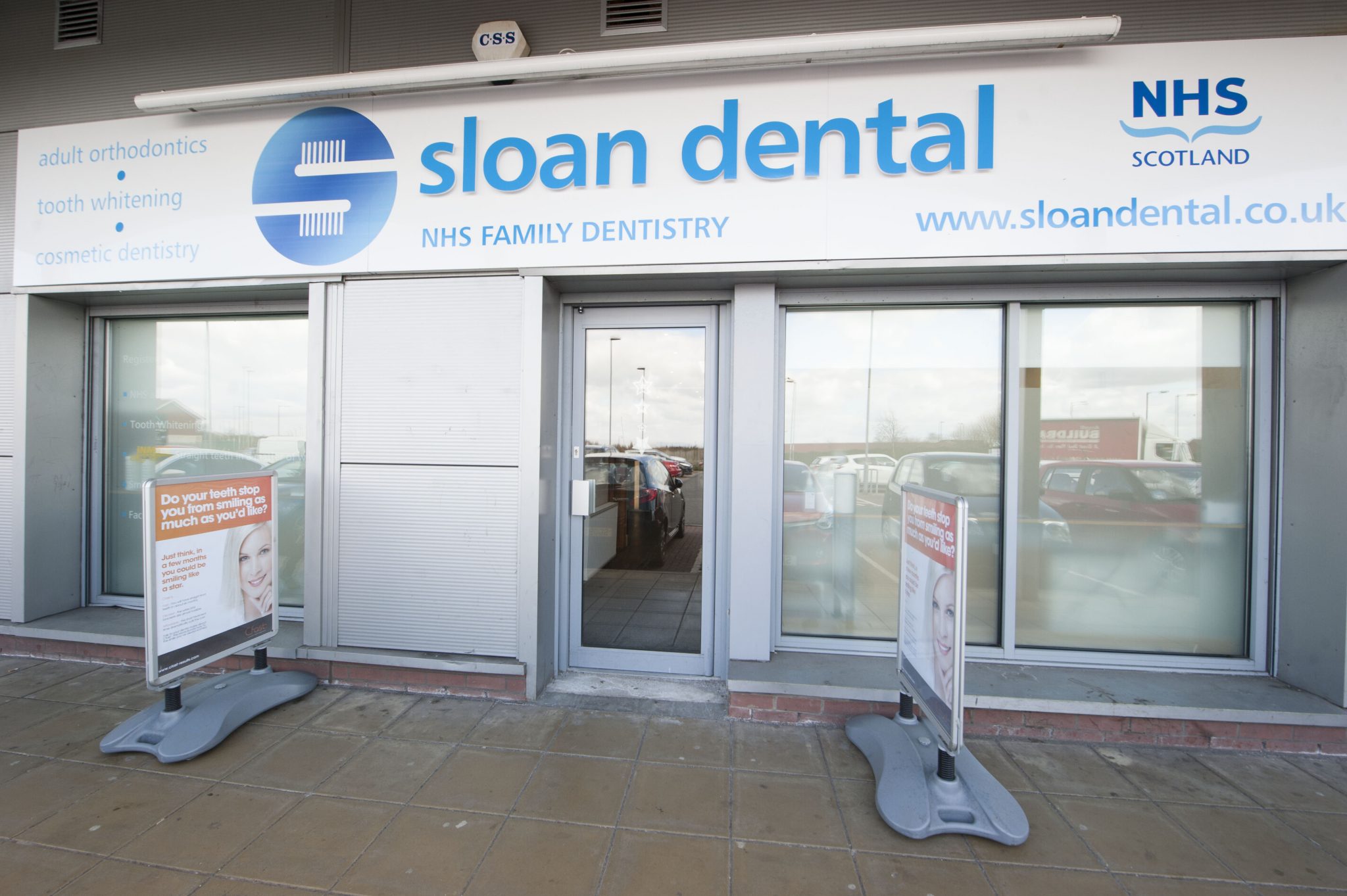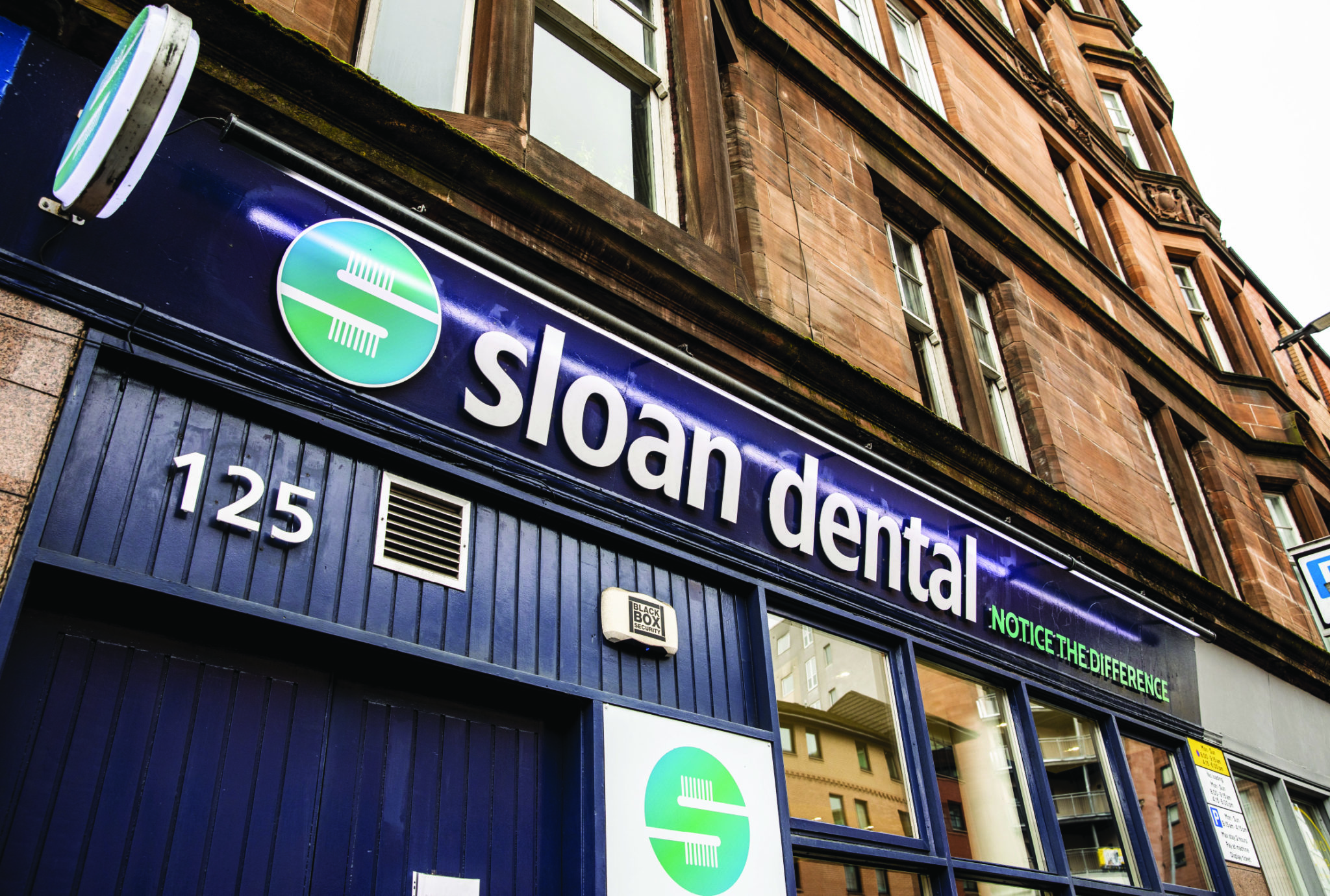There’s nothing quite like the feeling of freshly whitened teeth. If you want to maintain your bright and sparkling smile for longer, there are a few extra steps you can take to protect your pearly whites.
Professional teeth whitening is very safe for teeth, but you do need to protect your teeth in the days after your whitening treatment. This is because whitening causes your teeth to become temporarily more porous.
This needs to happen in order to flush out the stains. However, it can take a few days for these microscopic channels to close. So, there are a few after-care instructions to follow in the days after bleaching to help you make the most of the treatment.
How long after teeth whitening can I eat normally?
We recommend waiting around 48 hours before returning to your normal diet. You might have some increased sensitivity in the first few days after teeth whitening, so you should also be cautious about eating and drinking anything that is very hot or cold.
Even after 48 hours, there are a few foods you might want to avoid if you want to keep your teeth whiter for longer. For example, if you’ve had your teeth whitening two weeks before your wedding, you might want to cut out certain foods until after your big day. These changes to your diet might be permanent or temporary.
How long are teeth porous after whitening?
Some people notice their teeth are slightly more sensitive for a few days after their treatment, while others have increased sensitivity for a few weeks. Switching to a sensitive toothpaste in the days after teeth whitening can help to manage this minor discomfort.
When your teeth are more porous, they are also more likely to soak up staining particles from your food. So, if you want to keep your teeth looking bright and white, there are some foods you should avoid.
What foods stain teeth?
Some foods deposit more staining particles on your teeth than others. As a general rule, if you think you would struggle to wash the food or drink out of a white tablecloth, you should avoid this item after teeth whitening. A few examples of staining food include:
- Tea and coffee
- Red wine
- Rich tomato sauces
- Spices, including turmeric
- Soy sauce
- Fruits and berries
- Dark fizzy drinks like cola
- Curries
- Balsamic vinegar
- Beetroot
Avoiding these foods in the first few days after teeth whitening will help to keep your smile bright for longer. And if you cut out these foods altogether, you might be able to go longer between teeth whitening sessions.
Can you only eat white food after teeth whitening?
A common piece of advice is to stick to plain white food in the days after getting your teeth whitened. The theory is that white food will not leave any staining particles behind, so your teeth won’t be affected. This might sound like a very boring diet, but it can be ideal for a short time. Examples of white foods to eat after teeth whitening include:
- Chicken/ turkey
- Fish
- Rice
- Pasta
- White cheese
- Onion
- Egg whites
- Potatoes
- White bread
- Yoghurt
- Bananas
- Porridge
How to keep your teeth white for longer
Brushing twice a day with an electric toothbrush will help to remove surface staining and protect your teeth. You can also avoid staining foods and foods that damage the enamel. Acidic foods will break down the enamel and leave the dentin of your tooth exposed. By avoiding foods that attack the enamel, you can enjoy whiter teeth for longer.
You can also schedule top-up teeth whitening treatments, but be aware that it is possible to whiten your teeth too much. When this happens, the teeth become dehydrated and become more susceptible to decay and damage.
One of the easiest ways to make sure your teeth whitening routine is safe is to work with a dentist. Only a dentist can provide safe and effective teeth whitening that won’t cause lasting damage to your teeth.
Interested in exploring teeth whitening options with Sloan Dental? Get in touch to arrange your consultation today!



